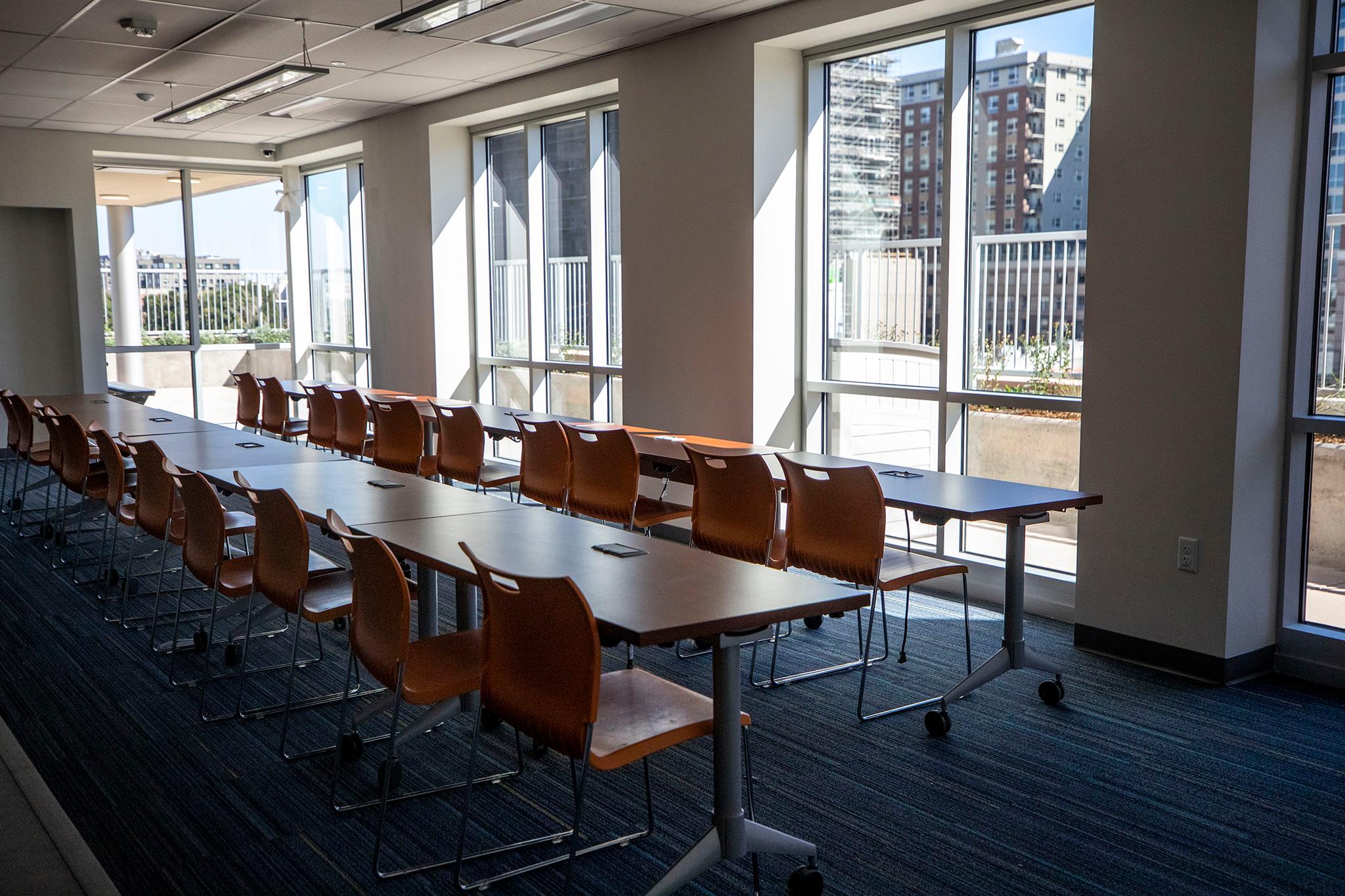A former Colorado high school student is headed to the University of Oxford after winning a prestigious Rhodes Scholarship to study mass migrations caused by world turmoil.
Hannah Carrese said the current definition of a refugee is outdated in the 21st century because international agreements apply to individuals fleeing violence or persecution, and not mass migrations from places like Syria, Honduras, El Salvador and North Africa.
Carrese worked with refugees from Bhutan while she was in high school in Colorado Springs, and then went to Mexico to work with refugees fleeing violence in Central America.
Carrese said in a telephone interview with the Associated Press that when she gets to Oxford next year she plans to look for ways to provide aid so people won't have to flee their homes and find new policies for countries to deal with mass influxes of refugees.
"These people don't fit the international definition of a refugee, but they're still fleeing violence," said Carrese, who graduated from Yale University in May.
She said under current rules, individuals must show they need refuge in another country because of persecution for race, religion, ethnicity, political affiliation or that they are a member of a persecuted social group.
"Now people are fleeing entire states in masses," she said, and countries around the globe have limited resources to deal with their problems.
Carrese said people often criticize the United States over its immigration policies and deportation of undocumented immigrants, mostly Hispanics. But she said the United States is better than other countries because it provides paths to citizenship for people who qualify.
She said people often are not aware of violence and discrimination in places like Bhutan, where Hindus are fleeing the Buddhist government, and places like Israel where the government is struggling to cope with large numbers of people from Ethiopia and Eritrea.
She said countries have dealt with immigrants for centuries, but the pace has escalated over the past decade, requiring new standards and policies to deal with them.












